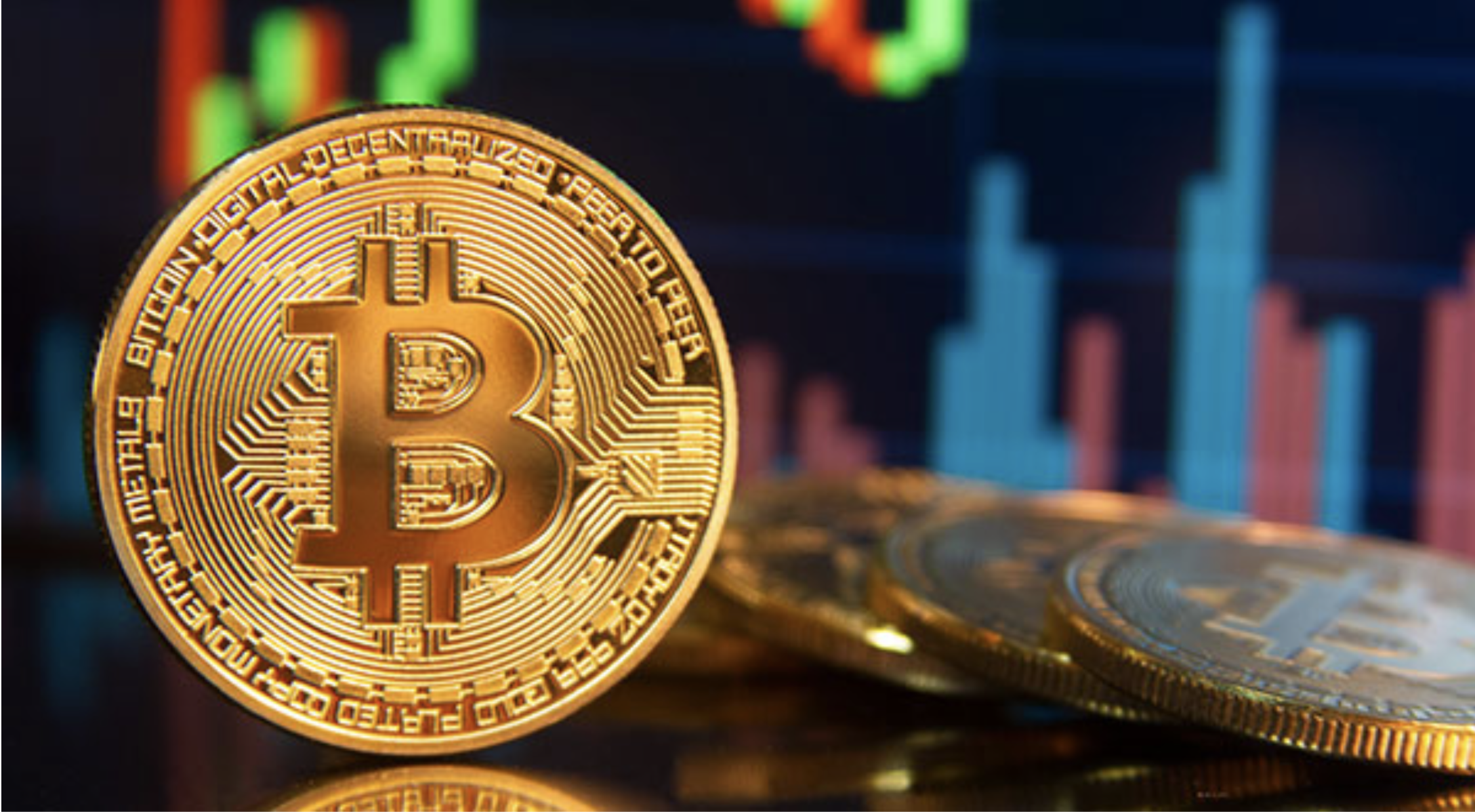Changing the Game: Blockchain’s Role in the Future of Finance
By Brian Zhao (Image: creative common license) Most of us remember Bitcoin’s crazy upsurge in 2017, when its price jumped by over 2,000 percent, going from about $1,000 at the start of the year to nearly $20,000 by December. This dramatic shift, along with many success stories of ordinary people…








